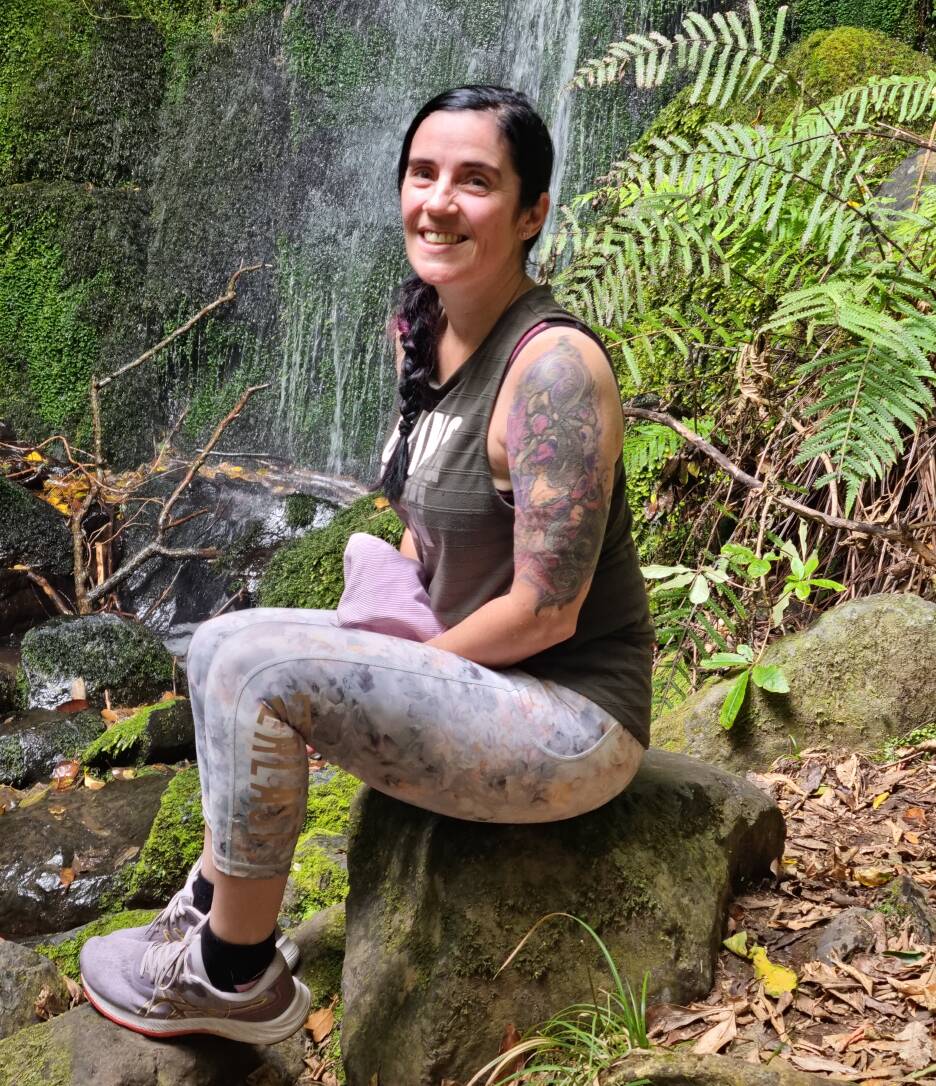
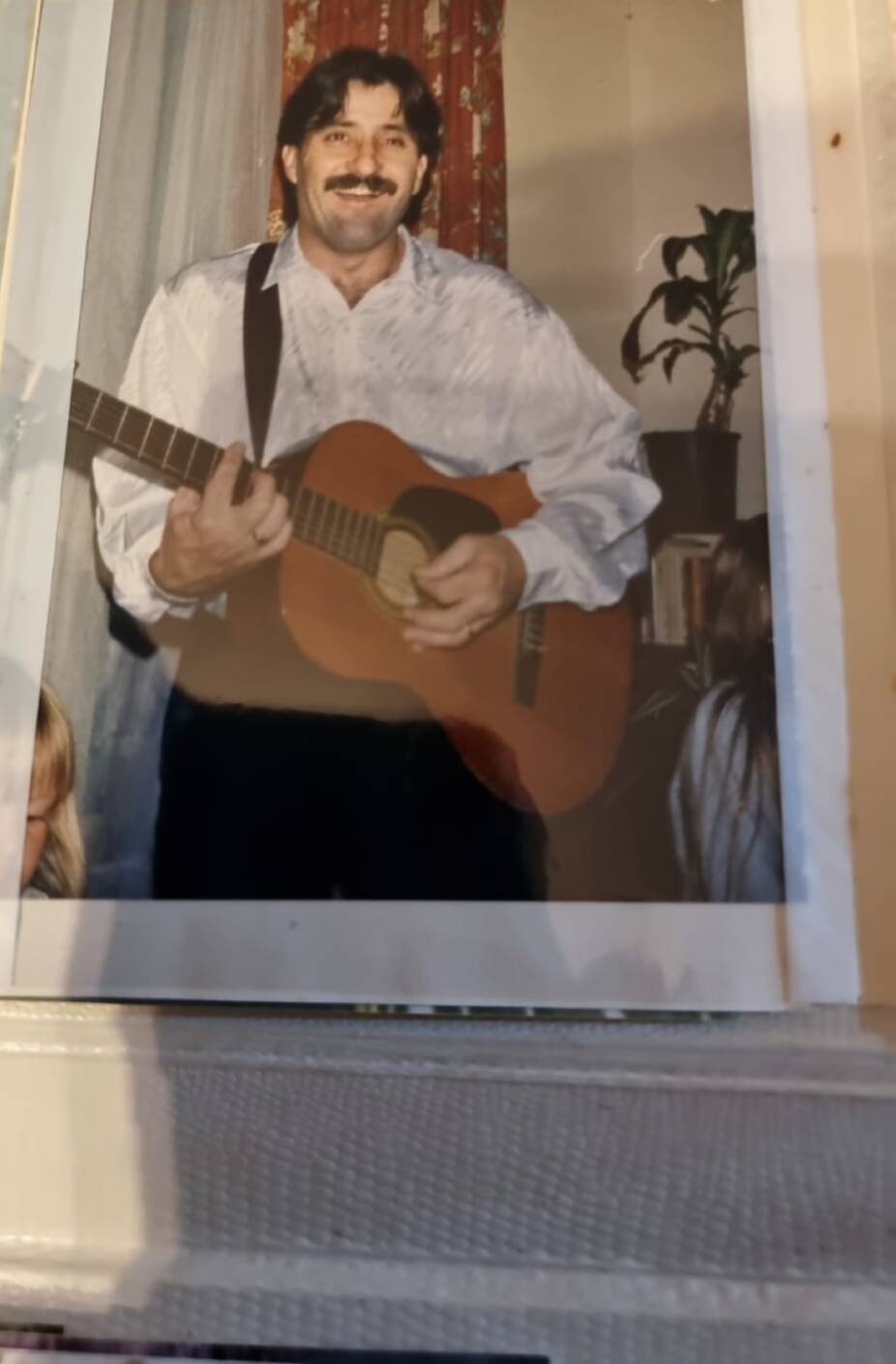
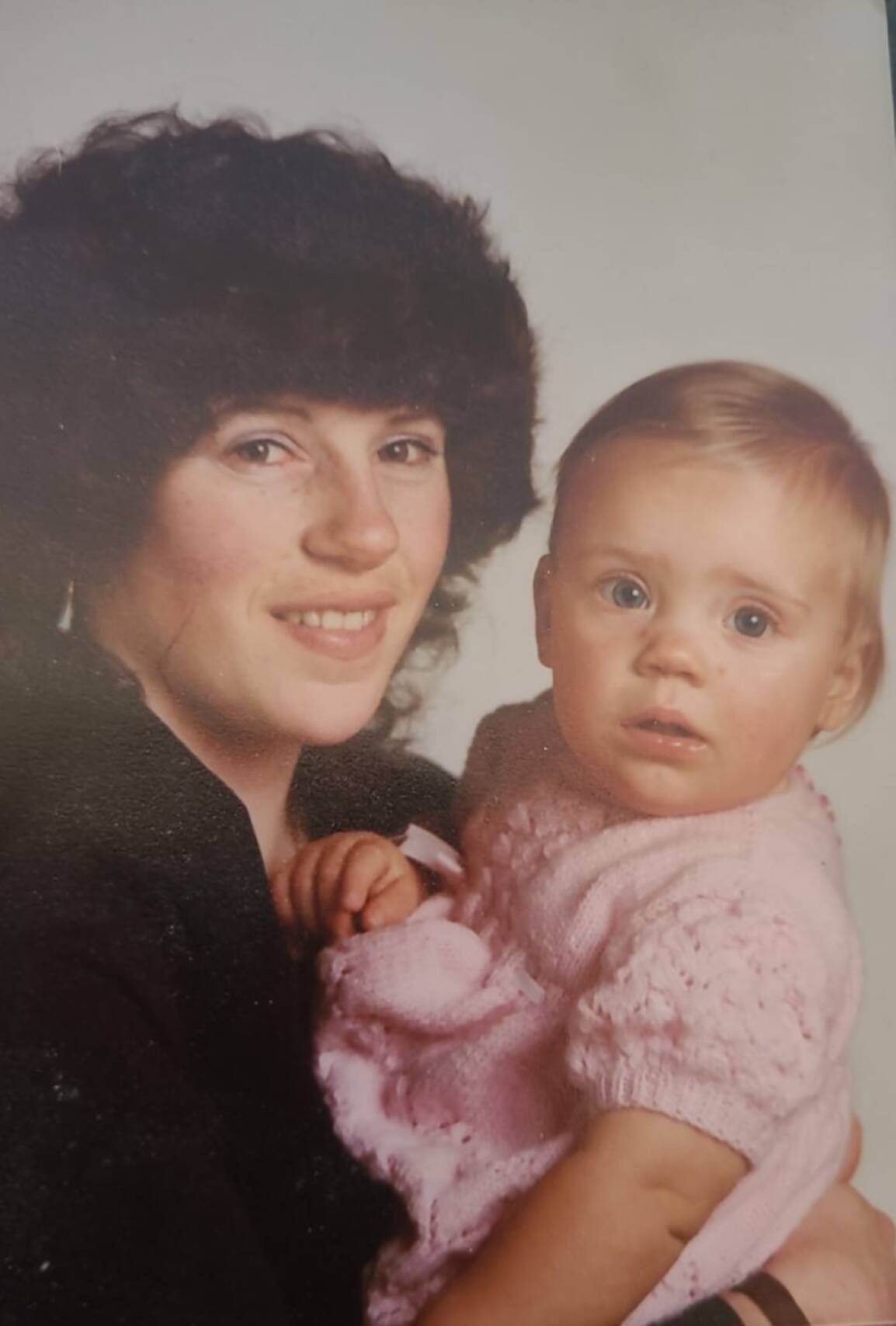
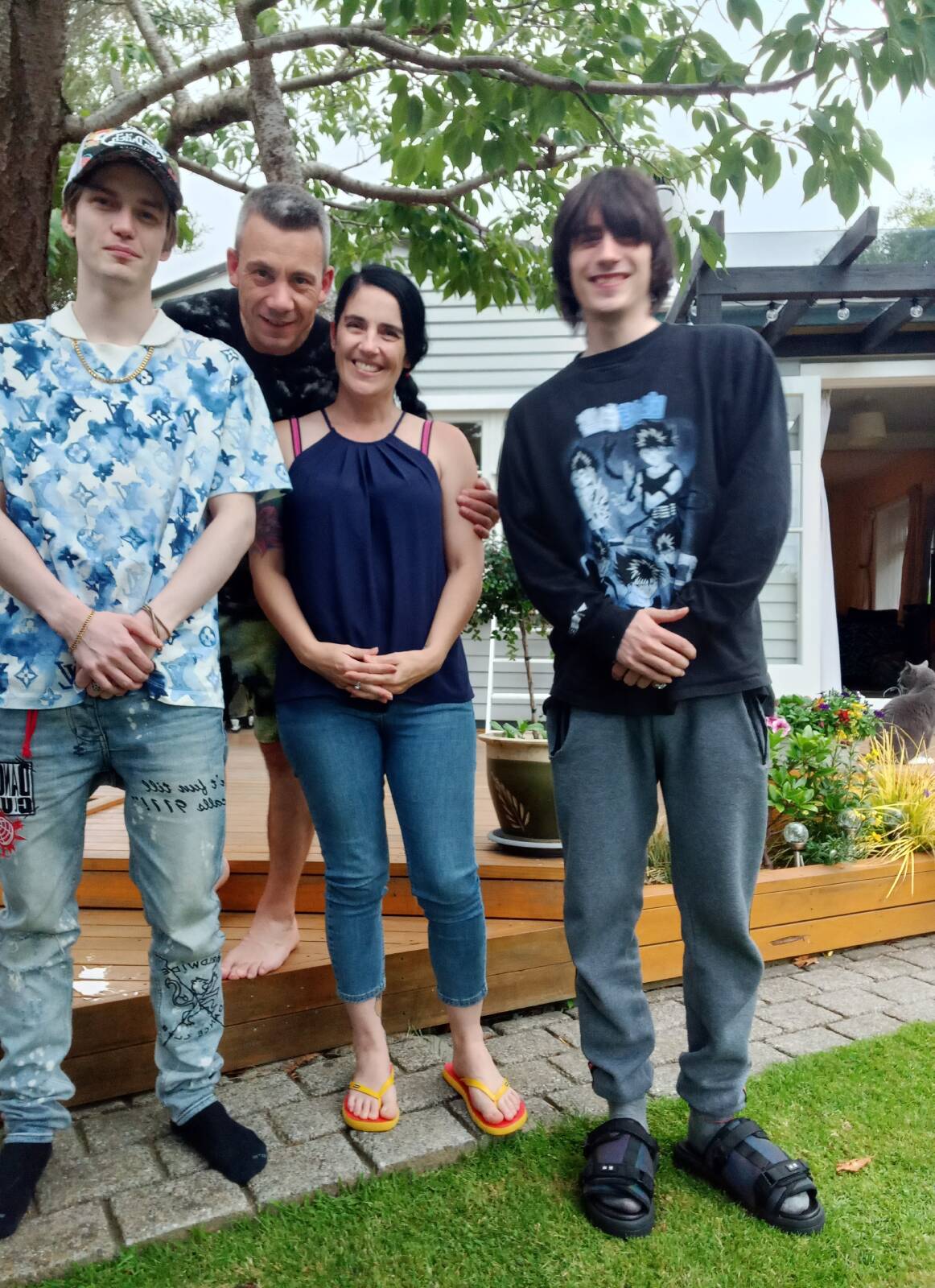
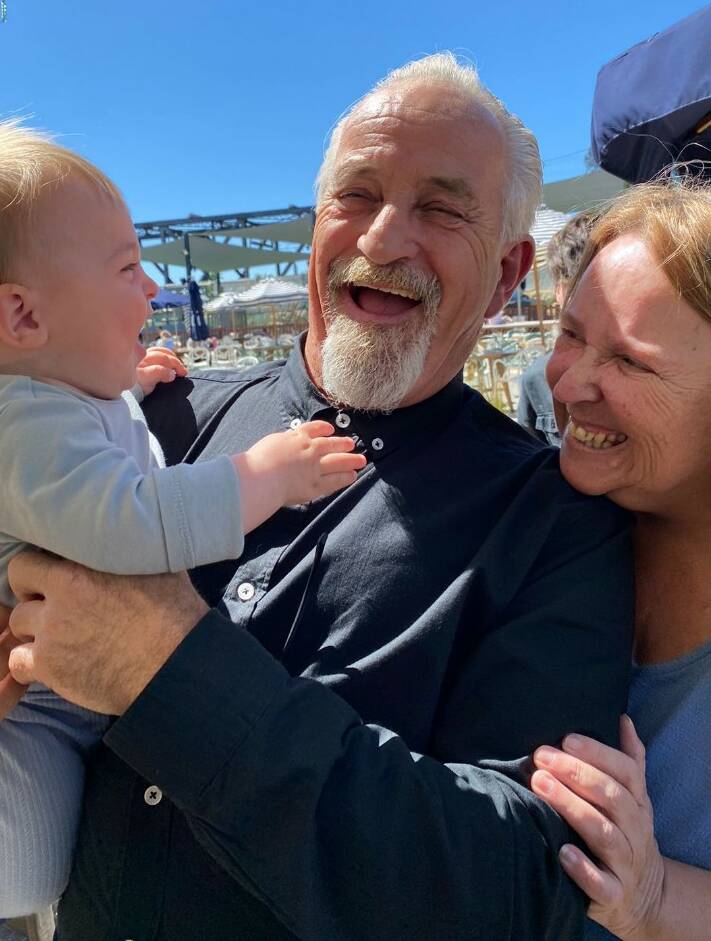
A woman searching for 30 years for the father she never knew found him through a DNA website.
Jolene Heal, of Christchurch, New Zealand, was overwhelmed but relieved when she found her father, who grew up at Cessnock.
"It didn't feel real," Jolene, 45, said.
Bob Hoyle, now of St Marys in Sydney, wasn't shocked or embarrassed when he realised he was Jolene's father.
"I thought 'wow, cool'," said Bob, who turned 65 this week.
Jolene was conceived when her mum Jackie picked up Bob, who was travelling as a hitchhiker through New Zealand's South Island in 1977.
One thing led to another and magic happened in the back of a blue and white Morris car.
But they soon parted ways and didn't see each other again.
Jolene contacted the Newcastle Herald in 2013, hoping that a story might help find her dad.
Jackie said then that she could not remember the man's name.
"I definitely remember him saying he was from Newcastle in Australia. He doesn't even know his daughter exists," she said.
When Jolene was five, her mother told her the truth about her father.
Since age 13, she was "driven towards needing to find that other part of myself".
She did a DNA test through the MyHeritage website, hoping it might help find her dad.
Years went by without a match, so she did a test through the Ancestry website.
She got the results in September last year and was matched with a close relative - a woman on her paternal side.
She messaged the woman and shared her story.
"I think I could maybe be closer than ever to finding out who my father is," she wrote.
The woman was her half-sister Karlee, one of Bob's six children - including Jolene.
Learning the truth
Jolene initially thought Bob might be her uncle, but when they spoke she realised it was her dad.
They talked by phone numerous times, shared photos and then met via video chat.
"I recognised my eyes when I saw his picture," she said.
Bob said one of his first questions was going to be: "Is your mum still alive?"
"Before I said it, she said 'Mum passed away'," he said.
He remembered Jackie. He was 18 and she was 16 when they met.
"I wanted to hang out with her afterwards, but she said 'I've got to go, my dad's really strict'," he said.
"Part of me thinks it sounds terrible [their encounter in the car]. Back in New Zealand then, everybody hitchhiked.
"It was just one of those crazy things that happen when you're young."
Jolene said her mum "passed away about two days before I got the DNA results".
"I found the timing so strange. I know she always wanted me to find him, so it felt very sad that I wasn't able to share this with her," she said.
"She was always supportive of me finding him and never let me lose hope."
Sometimes, over the years, Jolene questioned if her mum's story was true.
"I feel bad now, as clearly it was. I know if she were here, she'd be absolutely stoked that I have found him."
Bob also took a DNA test through Ancestry to confirm the connection.
"He messaged me to say how happy he was that he was my dad and hoped I felt the same way," Jolene said.
"I told him I'm grateful that he's the guy and that he's so accepting and welcoming about me as his daughter."
In-person meeting
Jolene and Bob plan to meet in New Zealand this year.
Bob's older sister, Jolene's aunt Maggie, will be in Christchurch next week.
"We plan to meet," Jolene said.
Bob believes he wasn't shocked to be Jolene's father because of his upbringing.
"I understand that yearning for an identity, even if it's just to know," he said.
"I was a state ward of the government. I hadn't seen one of my sisters for 23 years."
He knew his parents, but they were unable to look after him and his siblings.
He lived at St Alban's Home for Boys at Cessnock until he was 16, before getting a job in Newcastle.
Personal identity and belonging
Dr Emma Shaw, of University of Newcastle, has researched the effects of DNA testing on personal identity.
"Knowing who we are and where we fit is a powerful and peaceful way to live," Dr Shaw said.
"At the heart of any identity is the sense of belonging and connection."
Emeritus Professor Susan Moore, of Swinburne University, said it was great when such stories have "a happy ending".
"It doesn't always though, even when parent and child are happy to meet," Professor Moore said.
"Sometimes time and talking can settle these issues, but not always."
The Benevolent Society's post adoption resource centre said people using DNA websites to seek their family's origin had risen over a decade.
Sarah Burn, the centre manager, said "DNA has opened up the possibility of answers and connection for people".
Ms Burn said the centre could help people "make a thoughtful and discreet approach to the person they are seeking".
"Outcomes vary with some being more open than others to learn about a new family member.
"We help prepare people for the myriad of possible responses from being welcomed into a family through to outright rejection."
She said DNA test kits were "often the beginning of family secrets being revealed".
"DNA websites have certainly been a breakthrough for those in the adoption community who seek answers.
"While it may not always lead to a positive outcome, it almost always offers up some answers for those seeking to know more about themselves."







